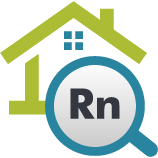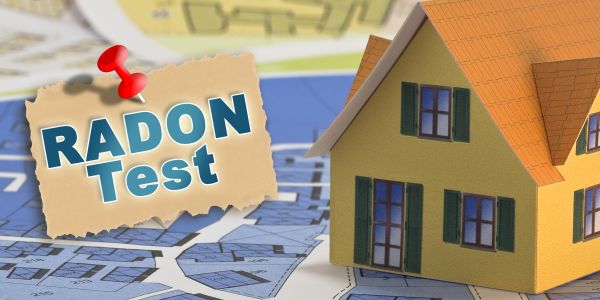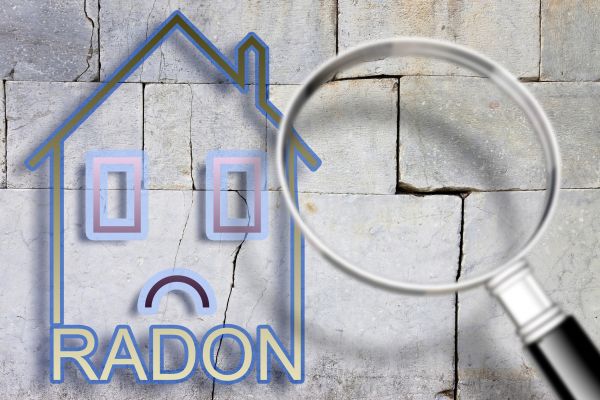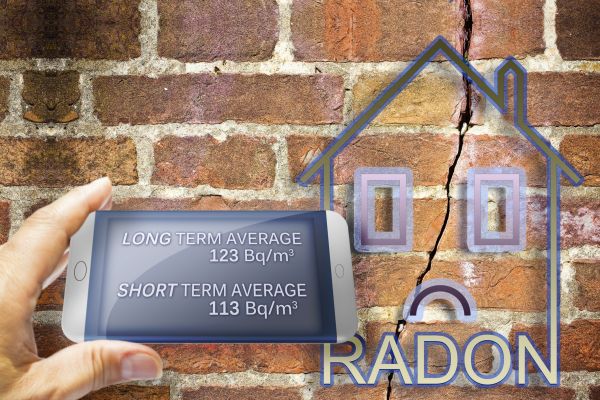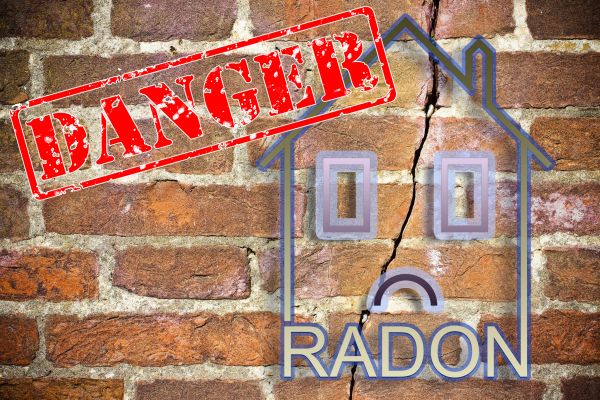Radon Inspection Service
Affordable Radon Inspection Service
Radon Inspection Service is a crucial aspect of maintaining a safe and healthy home environment. Radon is a naturally occurring radioactive gas that can accumulate in buildings, posing significant health risks, including lung cancer. Since radon is invisible and odorless, the only way to detect its presence is through professional testing. Engaging a Radon Inspection Service ensures that your home is thoroughly evaluated for radon levels, allowing you to take necessary action to mitigate any potential hazards. This proactive approach not only safeguards your family's health but also adds value to your property by ensuring it meets safety standards.
Benefits of Radon Inspection Service
-
Health Protection
Radon is a leading cause of lung cancer among non-smokers, making its detection and mitigation vital for health protection. A professional radon inspection identifies elevated radon levels, allowing for timely intervention to reduce exposure and protect your family's well-being. -
Peace of Mind
Knowing that your home has been inspected by qualified professionals provides peace of mind. You can rest assured that your living environment is safe from the hidden dangers of radon, and any necessary steps have been taken to maintain a healthy home. -
Increased Property Value
Homes with certified radon inspections and mitigation systems are more attractive to potential buyers. A documented history of radon testing and management can increase your property's marketability and value, as it demonstrates a commitment to safety and health standards. -
Compliance with Regulations
Some regions have specific regulations regarding radon levels in homes. A professional radon inspection ensures compliance with these regulations, helping you avoid potential legal issues and ensuring your home is up to code.
FAQs About Radon Inspection Service
What is radon, and why is it dangerous?
Radon is a colorless, odorless radioactive gas that occurs naturally from the decay of uranium in soil and rocks. It is dangerous because it can accumulate indoors and is a leading cause of lung cancer.
How often should a home be tested for radon?
It is recommended to test your home for radon every two years or after significant renovations. Testing is also advisable when buying or selling a home to ensure safety and compliance.
What happens if high levels of radon are detected?
If high levels of radon are detected, mitigation measures such as improving ventilation or installing a radon reduction system can be implemented to lower radon levels and reduce health risks.
Is radon inspection necessary for new homes?
Yes, even new homes can have high radon levels due to the materials used and the construction process. Testing ensures that any potential issues are addressed early on.
Fill out the contact form today to request Radon Inspection Service and enjoy the benefits of a professional evaluation. Protect your health, gain peace of mind, and ensure your home is compliant with safety standards.
